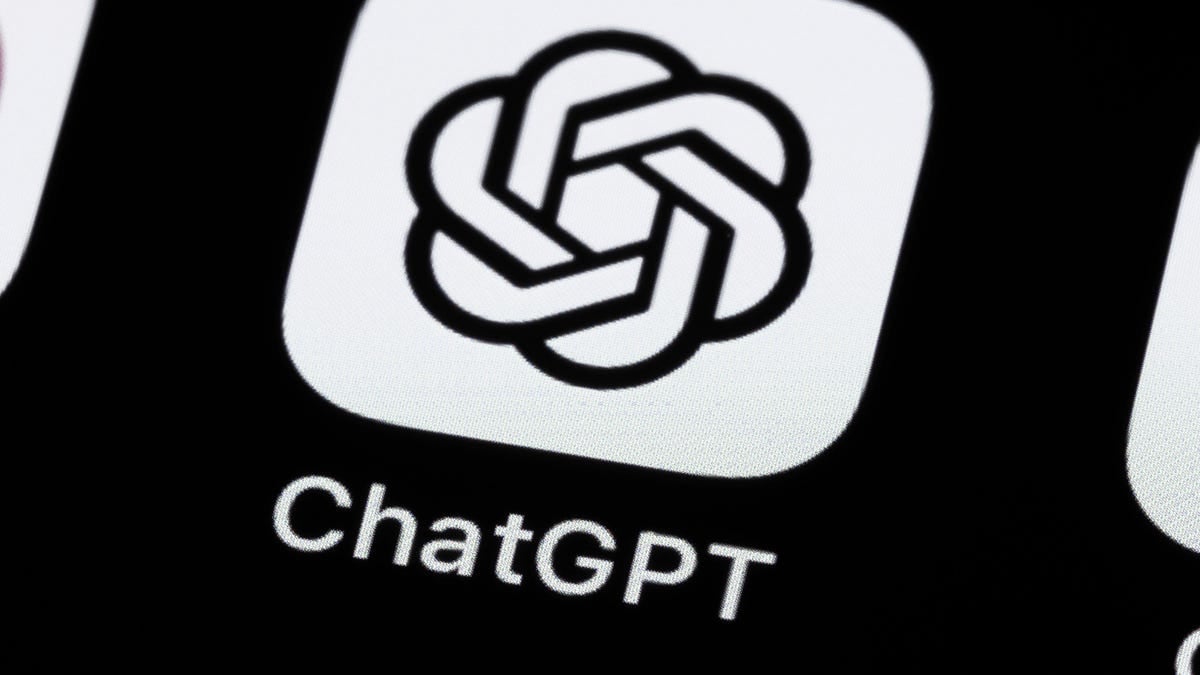The research from Purdue University, first spotted by news outlet Futurism, was presented earlier this month at the Computer-Human Interaction Conference in Hawaii and looked at 517 programming questions on Stack Overflow that were then fed to ChatGPT.
“Our analysis shows that 52% of ChatGPT answers contain incorrect information and 77% are verbose,” the new study explained. “Nonetheless, our user study participants still preferred ChatGPT answers 35% of the time due to their comprehensiveness and well-articulated language style.”
Disturbingly, programmers in the study didn’t always catch the mistakes being produced by the AI chatbot.
“However, they also overlooked the misinformation in the ChatGPT answers 39% of the time,” according to the study. “This implies the need to counter misinformation in ChatGPT answers to programming questions and raise awareness of the risks associated with seemingly correct answers.”



Yes there are mistakes, but if you direct it to the right direction, it can give you correct answers
In my experience, if you have the necessary skills to point it at the right direction, you don’t need to use it at the first place
it’s just a convenience, not a magic wand. Sure relying on AI blindly and exclusively is a horrible idea (that lots of people peddle and quite a few suckers buy), but there’s room for a supervised and careful use of AI, same as we started using google instead of manpages and (grudgingly, for the older of us) tolerated the addition of syntax highlighting and even some code completion to all but the most basic text editors.
AI is a tool, not a solution.
Yesterday, I wrote all of this, working javascript code https://github.com/igorlogius/gather-from-tabs/discussions/8 And I don’t know a lick of javascript I know other languages but that barely was needed. I just gave it plain language instructions and reported the errors until it worked.
It can, it also sometimes can’t unless you ask it “could it be x answer”